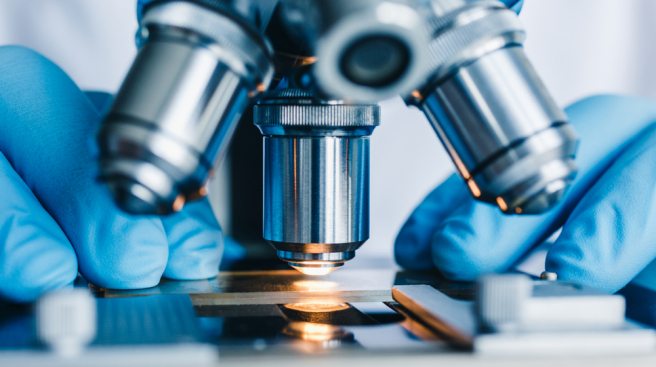Are centrioles carriers of non-genetic heritable information?

Scientists at Ecole Polytechnique Fédérale De Lausanne (EPFL), Switzerland, studied centrioles and discovered the possibility that centrioles might carry defective mutations that could pass on a broad range of diseases to a growing embryo. Centrioles are barrel-shaped structures inside cells that are made of protein. They originate in sperms and help kick start the embryo development. The EPFL scientists used genetically modified versions of C. elegans to analyze the role of centrioles in the initial growth of embryos. They found that centriole proteins could sustain up to 10 cell divisions. This led them to think that centrioles could be direct non-genetic carriers of paternal heritable information, indicating the considerable impact they have on the early development of a fetus. These findings could give way to new treatment procedures for diseases associated with centrioles.
Read more in Science Daily and GEN.


